People
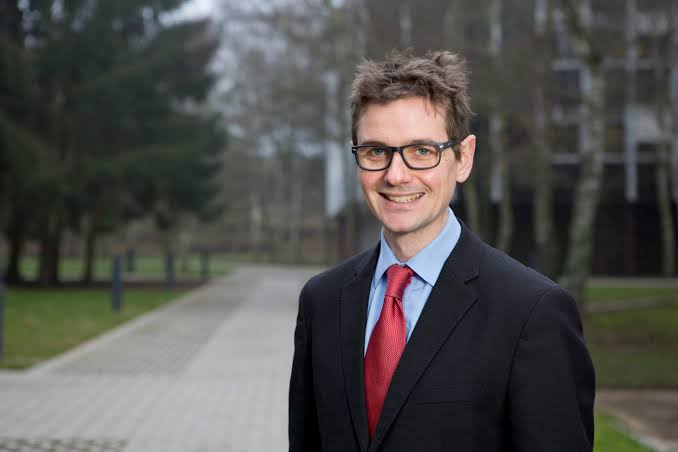
Professor Stéphane P.A. BORDAS
Biography
My academic career started as a multi-disciplinary PhD (Biology and Aerospace) and took off when I was lucky to be recruited, 6 years after my PhD, as a professor in Cardiff University. I had the chance to mentor, guide and appraise a dozen academics and to raise funding to support the ideas we had put together A pivoting point was the conclusions of RealTCut, an ERC StG granted to my team where we were the first able to control the discretisation error in real time. The idea was to bring mechanics to the operating theatre and provide quality control to simulations. At the end of this ERC, I realised that not only did I have to tackle discretisation quality, but also model validity. I thus embarked into Bayesian methods for parameter estimation and model selection. These ideas led my team (now about 25 people) to investigate the rich intersection between model-based and data-based modelling and simulation, which is now the focus of our work, and the main strand of this project. I have always been a keen and dedicated mentor and teacher, at all stages of my studies: today, I am volunteering in the Global Talent Mentoring programme and working with highschool students to help them decide on career paths. I have worked with over a dozen companies, worldwide, with the public sector and policy makers and some of our developments in error estimation are now used industrially in the aerospace sector.
More information on his groups research can be found: https://www.uni.lu/fstm-en/people/stephane-bordas/
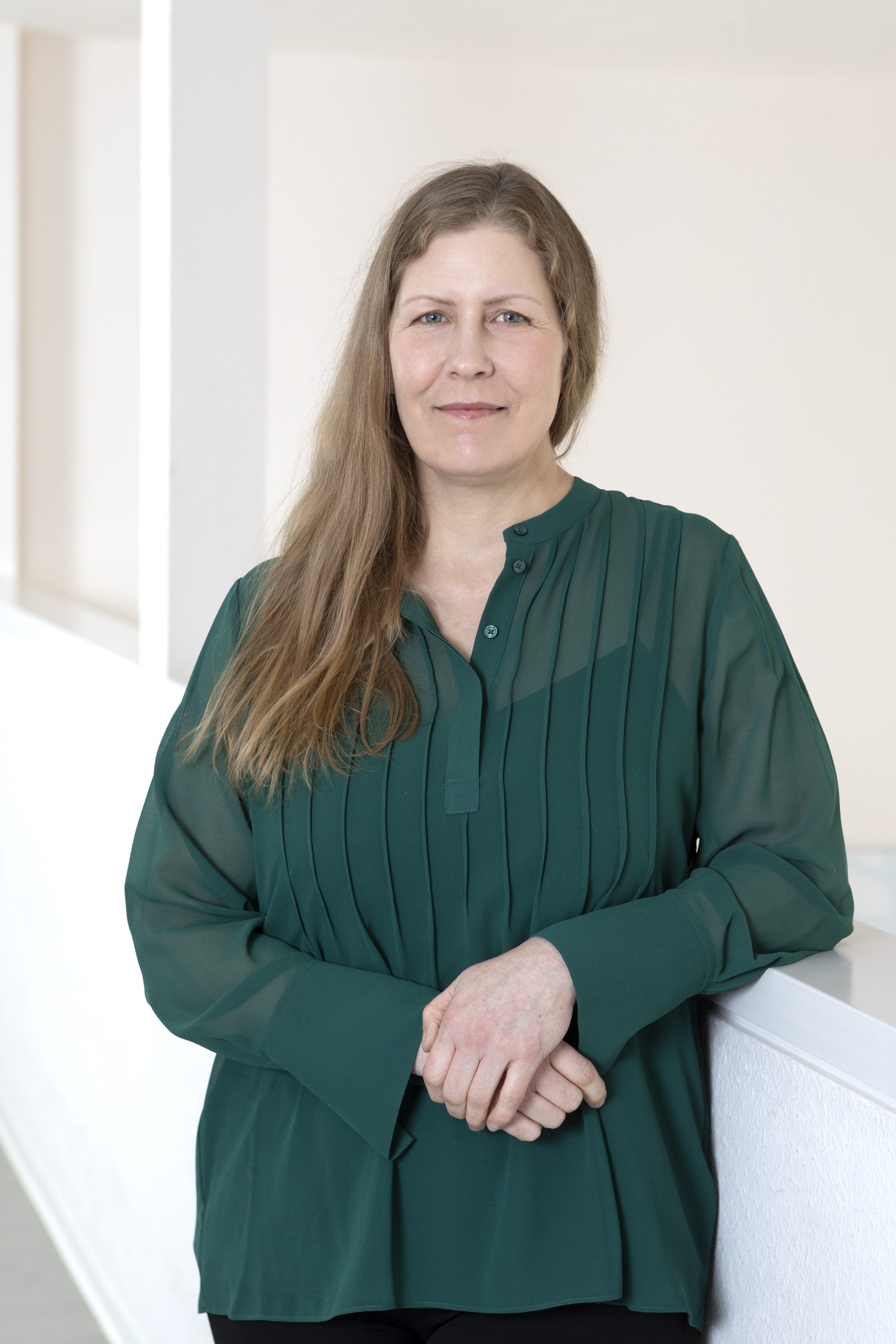
Dr. Kate M. BUCKERIDGE
Biography
My MSc and PhD research were funded with three competitive fellowships. After obtaining my PhD in 2009 (Biology, Queen’s University, Canada), I obtained a competitive postdoctoral fellowship (NSERC) and positions in the US (University of California Santa Barbara, University of Kansas) and UK (Lancaster University, University of Edinburgh). During these postdoctoral positions I became progressively more independent, gaining an international reputation first as an Arctic soil microbial ecologist, and more recently for expertise in the role of microbial necromass in soil carbon sequestration. My experience in Kansas included field work along a boreal forest climate and nitrogen deposition gradient (2013-2015), which is directly relevant for the FORFUS project. In April 2021 I joined the Luxembourg Institute of Science and Technology (LIST) as a soil microbiologist in the Agro-environmental research group. I have two current funded projects as LIST-PI: ADAPT, collaborative with the University of Aberdeen, funded by the FNR-MAVDR (600K€), which explores how cover crops can influence soil microbial carbon sequestration and greenhouse gas emissions and mitigate drought, and the HorEU project LEGENDARY (615K€), coordinated by the University of Ghent, which investigates how legumes improve soil health and ecosystem services. Since 2022, I have been involved in the COST Action CLEANFOREST, as a MC representative and as a work package topic co-leader, where I am leading a literature review on how drought influences forest soil biodiversity and carbon sequestration, which will feed into FORFUS via knowledge and networks
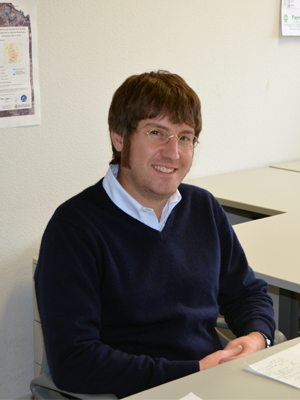
Dr. Marco Chini
Biography
I am a Lead Research and Technology Associate at LIST since 2013 (formerly CRP – Gabriel Lippmann) and I am responsible for acquiring, managing and developing research and innovation projects focusing on remote sensing, advanced classification methodologies development and natural resource and disaster management within the “Remote sensing and natural resources modelling” group. In 2003 I earned the M.S degree in electronic engineering from the Sapienza University of Rome, Italy, and in 2008 the Ph.D. degree in geophysics from the University of Bologna, Italy (Dissertation: Radar and optical remote sensing techniques for earthquake damage mapping). During my PhD I was for eighteen months a visiting researcher at the University of Colorado, Boulder, CO, USA, where I was conducting research on the classification of very high-resolution optical images using artificial neural network methodologies for monitoring the urban sprawl. Between 2008 and 2012, I was at the Istituto Nazionale di Geofisica e Vulcanologia, Rome, Italy, where my research topic was the development of innovative EO-based classification algorithms for detecting changes caused by earthquakes and volcanic eruptions and the exploitation of the Synthetic Apertura Radar (SAR) interferometry to monitor land surface deformation. Between 2003 and 2012, I had a close collaboration with the Department of Information Engineering, Electronics and Telecommunications, Sapienza University of Rome, where floodwater classification using radar data was the main scientific activity. Through all these working experiences I have been able to become an expert on the analysis of multitemporal datasets, machine learning, deep-learning, data fusion and segmentation using optical and SAR data.
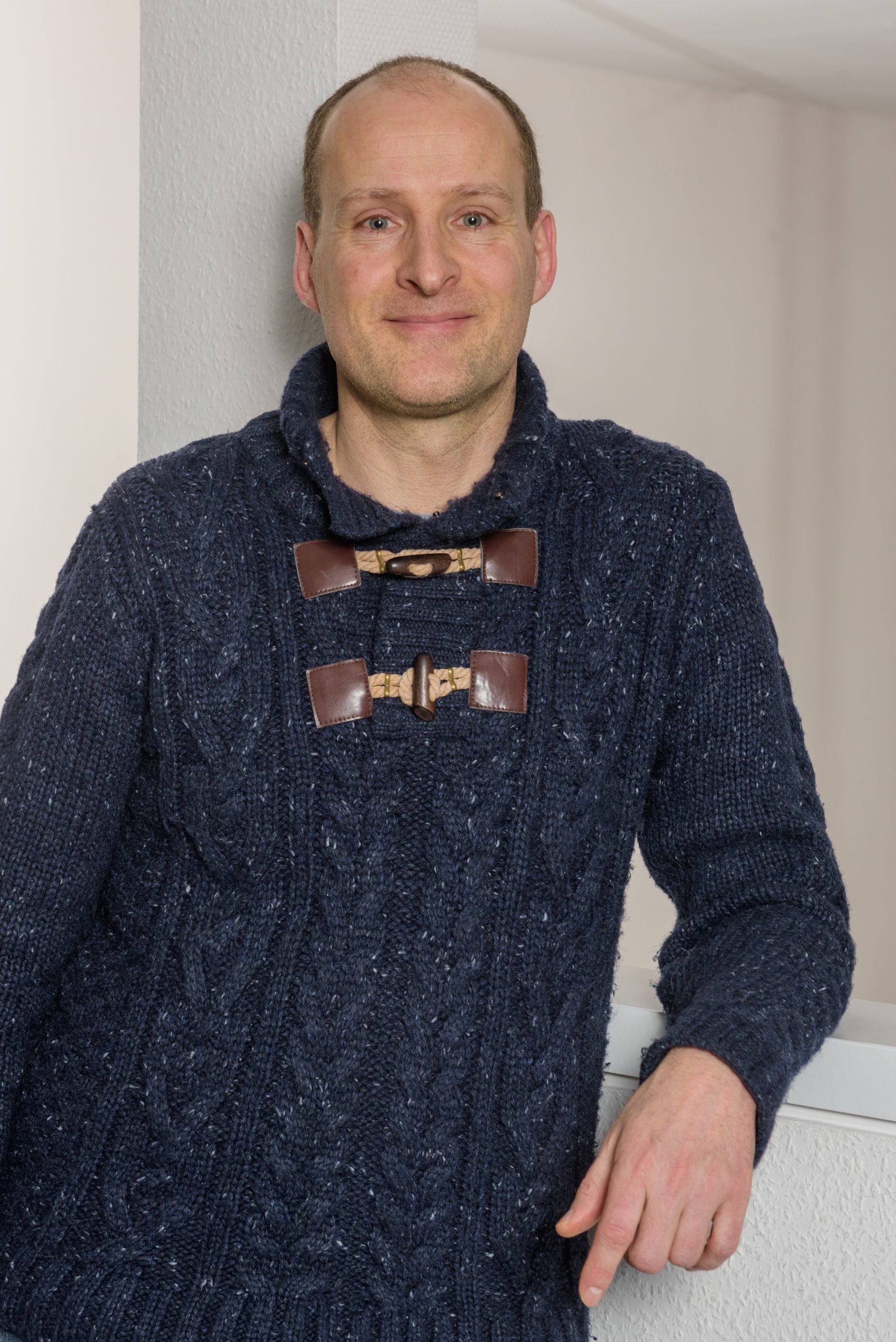
Dr. Christophe HISSLER
Biography
I present a quite “exotic” CV for a researcher originated from the French education system. Indeed, after my master thesis (1997) – on environmental geochemistry – I worked in a private company and acquired strong and important – for my future career – skills in pedology (soil description, sampling, mapping, soil functioning). This experience delayed the starting of my PhD that I defended in 2003 at 32 years old to obtain my doctorate degree in environmental geochemistry with a specialization in trace metal origin and fate in contaminated river basins. This thematic had become my main research line for the next 15 years. Starting from the Hg cycle during my PhD, I decided to progressively shift to the cycle of Rare Earth Elements as critical metals and emergent pollutant in contaminated CZs. After 20 years, between France (2000–2003 and 2005-2007), Brazil (2003-2004) and Luxembourg, where I obtained my permanent position in 2007 at the LIST/ERIN department, I can see how the competitive fundings I acquired (contribution to 15 proposals including 9 as PI) helped to finalize with success this first part of my career.

Dr. Richard KEIM
Biography
I am currently transitioning from a 20-year career as a professor at Louisiana State University in the USA to leader of the Catchment and Eco-Hydrology Group at the Luxembourg Institute of Science and Technology (LIST). This important step in my life is my first move out of the USA. I began my academic life studying forestry at Mississippi State University, where I also completed a M.Sc. thesis on water quality and sediment transport in headwater catchments subject to forest harvesting. I later wrote a Ph.D. dissertation at Oregon State University on the influence that forest canopy interception of rainfall has extreme hydrological events. After a short post-doctoral project on that same topic, I moved to Louisiana State University for a career as faculty from 2004-2024 (full professor since 2017). In that position, I have focused my eco-hydrological interests primarily on forested wetlands because of the complexity of the eco-hydrological relationships in wetlands and the world-class opportunities for field observations in Louisiana. My move to LIST will re-focus my work more on headwater catchments. This move follows a sabbatical visit to LIST in 2022, during which I strengthened interest in working in the region and with valued collaborators at LIST. Common tools in my research have included stable-isotope and other tracers of water and sediment movement in soils, watersheds, and plants; tree rings to quantify growth; novel field measurements of water in forest canopies; modeling of water fluxes through watersheds and floodplains; remote sensing of energy budgets to quantify forest structure and hydrological function; and field measurements of energy budgets to quantify evaporation. I have worked in field sites ranging from hillslopes and headwater streams to large floodplains and river deltas; and on processes spanning spatial scales from 10-2 to 105 m (from soil peds to entire, large floodplains). I have experience working with scientists and land managers in multiple US states, Europe, and southeast Asia. Although I consider field investigations to be my strength, my work has also included crucial laboratory components. At Louisiana State University, I maintained a tree-ring laboratory; a stable-isotope laboratory to analyze water from streams, soils, and trees; and recent work included developing a new laboratory technique to measure soil shrink-swell properties.
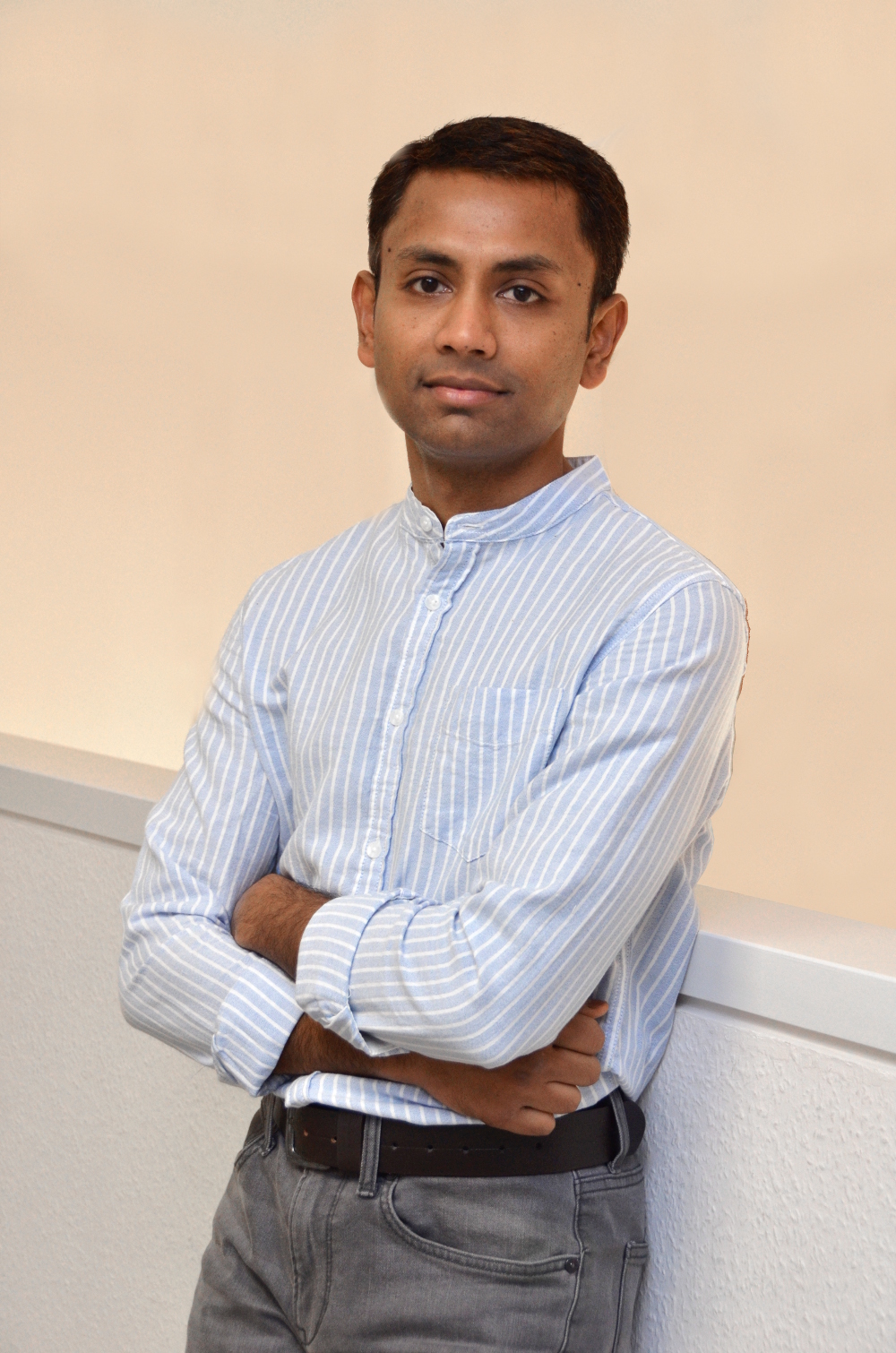
Dr. Kaniska Mallick
Biography
My MSc and PhD research were funded with two competitive fellowships from Indian Council for Agricultural Research and Indian Space Research Organization. After obtaining my PhD in 2008 (Environmental Science, University of Pune, and Space Applications Centre), I obtained a 3-year postdoctoral fellowship (NERC) in the UK (Lancaster University), where I developed analytical model for mapping global evaporation that combines thermal remote sensing, surface energy balance, and vegetation ecophysiology. I Subsequently integrated stomatal conductance theory in thermal remote sensing evaporation models during a 2-year stay as postdoctoral fellow at the Jet Propulsion Laboratory, California Institute of Technology in the United States. My model became one of the official algorithms for generating global evaporation from thermal missions in NASA JPL. My in-depth understanding of ecosystem light-water use efficiency evolved through an International Mobility Fellowship at the University of California Berkeley in the last years. In October 2013, I joined the Luxembourg Institute of Science and Technology (LIST) as a Project Leader (Senior R&T Associate) in the Remote Sensing and Natural Resources Modeling research group and promoted to Lead R&T Associate in January 2023. My supervision and (co-)supervision of MSc and PhD candidates at 3 institutions helped developing insights about different supervision styles. I am the Science PI of several projects funded by ESA and FNR (INTER, Mobility) that aims at advancing the science of global evaporation and vegetation interaction by developing new state of the models for the future Earth observation missions.
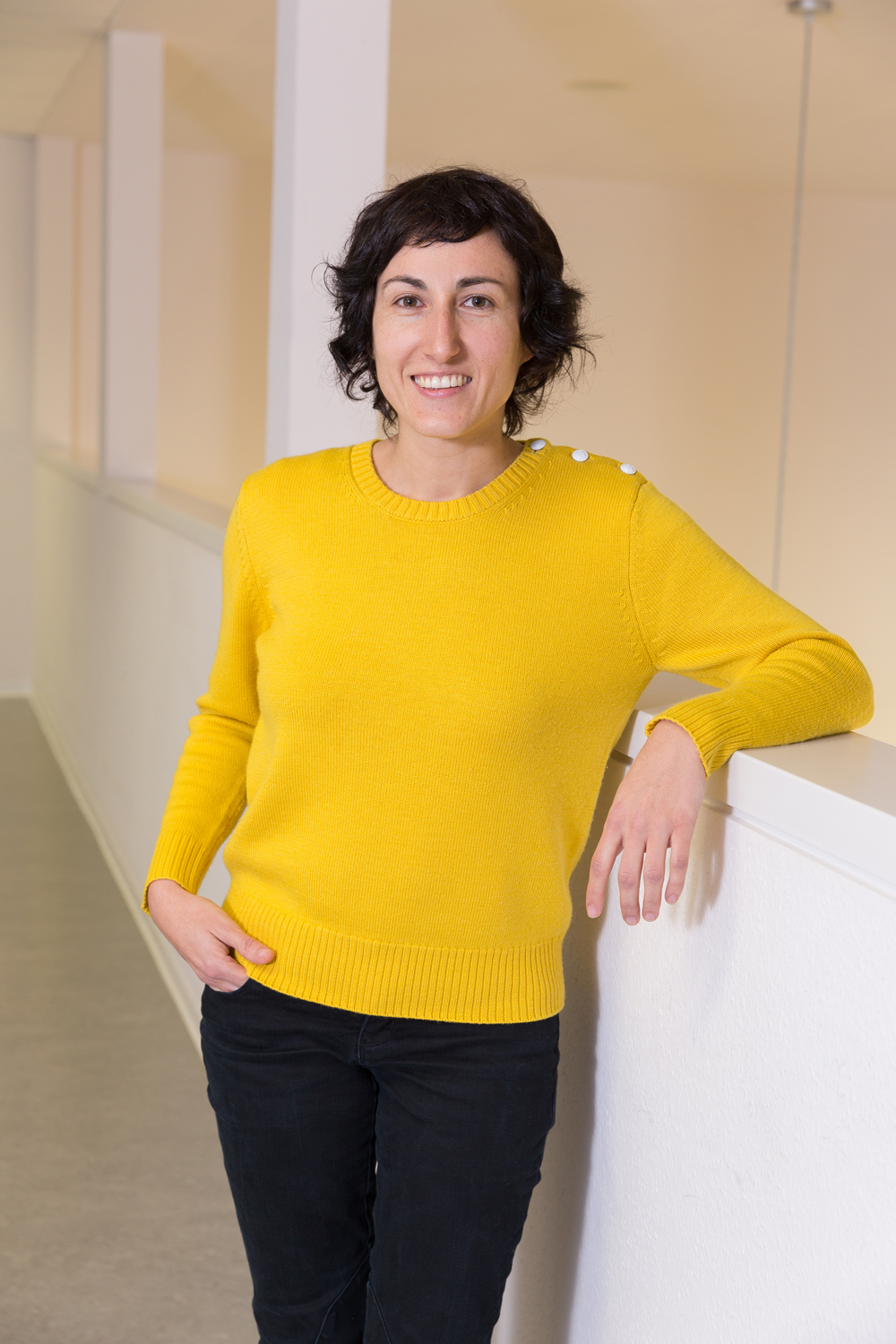
Dr. Núria MARTÍNEZ-CARRERAS
Biography
I am currently a senior researcher in experimental hydrology at the Luxembourg Institute of Science and Technology (LIST). I defended my PhD thesis at the Faculty of Geology of the University of Barcelona in 2010. I worked at the Institute of Environmental Assessment and Water Research (CSIC; Barcelona), where I gained experience working with plot-scale soil moisture data. I subsequently obtained a permanent position at the Centre de Recherche Public – Gabriel Lippmann as a researcher, where I worked on multiple national and bilateral projects that I had also helped design and implement. I also completed secondments at the University of Exeter (UK), the University of Northern British Columbia (Canada) and Oregon State University (USA). During that time, I had the opportunity to collaborate with many researchers who provided guidance, acted as mentors and nurtured and challenged my knowledge. In subsequent career steps, I developed my own research line in sediment transport, successfully acquired funding as a Principal Investigator and obtained doctoral supervision rights in 2021 (ADR) at the University of Luxembourg.
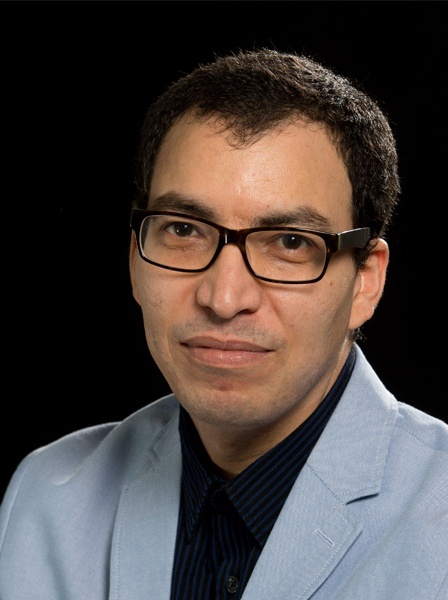
Dr. Hichem Omrani
Biography
Dr Omrani is a senior research scientist at the Luxembourg Institute of Socio-Economic Research (LISER) since 2008. He has received his habilitation (2019), a full ADR (autorisation à diriger des recherches, 2018) from the Uni. of Luxembourg, PhD (2007), Master (2004) in Computer Science from the Technology University of Compiegne (UTC-France). Dr Omrani has supervised several Ph.D./MSc students. He served as a reviewer for several international journals. During his LISER funded scientific leave (2016-2017), he served as a visiting researcher at Purdue University-USA, working jointly with Dr. Pijanowski, an internationally recognized specialist in the field of land change science. He has conducted research in the framework of several competitive projects supported mainly by the FNR-Luxembourg, FNRSBelgium and CNRS/ANR-France. His research interests include complex system modeling and simulation, exposure to environments and health effects.
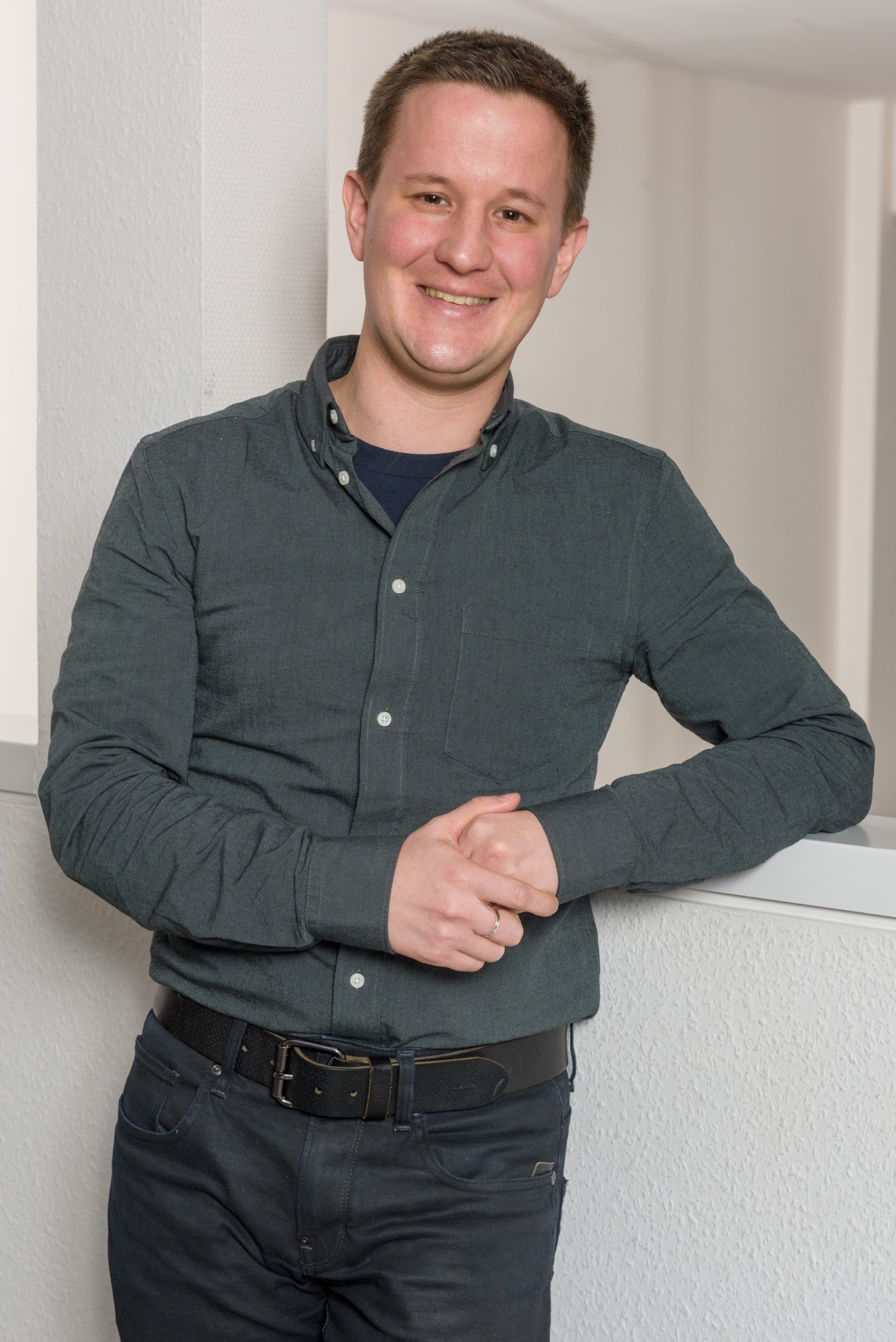
Dr. Thomas SCHAUBROECK
Biography
Early on, I discovered my passion for science while conducting my master thesis (2009) on microbial wastewater treatment. Subsequently, I keenly enrolled for a PhD project on sustainability assessment of forest systems. During my PhD period (2010-2014) at Ghent University, I developed my expertise in Life Cycle Assessment (LCA) for not only forest-related systems but any type of industrial system (aquaculture etc.). My PhD topic was quite interdisciplinary as it also covered the evaluation and modelling of a forest ecosystem, necessitating me to master ecosystem service assessment. Finally, my interests in the broader concept of sustainability and social sciences were sparked, as I elaborated on the ethical finality of sustainability in my last PhD chapter.
– In 2014, a new professional challenge was presented to me, which I readily accepted. At Ghent University, I partially took over the tasks of a professor on sabbatical leave (2014-2016): teaching, supervising, proposal writing and conducting research for the remaining time. During this period, I honed my coordination and managerial skills. Taking my educational role seriously, I revised outdated syllabus chapters and oversaw teamwork tasks with LCA software. Moreover, I practically took over day-to-day supervision of various master and 4 PhD students.
– The third chapter of my career (2016-2022) is as an LCSA researcher at LIST. On the one hand, I conducted research in close collaboration with industry. Prominent is the fellowship with Tarkett on sustainability of recycling/reuse (2017-2019; FNR), for which I also evaluated the financial viability, covering economic sustainability. This collaboration and my vision are highlighted in an FNR Spotlight. On the other hand, I had the opportunity to strengthen and further my specialisation, in particular concerning social sustainability.
– My current career chapter (2022-now), entails my establishment as an independent Principal Investigator & Supervisor. From 2024 onwards, I will be the PI from my institute for four projects on sustainability assessment topics: CIRCUSTAIN on LCSA (FNR Junior-CORE) & three horizon Europe projects on LCA methodology: LCA4BIO, CALIMERO & FUEL-UP. I have acquired the funding for three of these and will be supervising 2 postdocs and 1 PhD student. My PhD supervision in FORFUS will greatly benefit from cross-links to these activities.
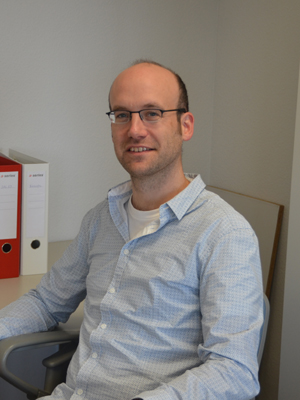
Dr. Martin Schlerf
Biography
After studying Chemistry and Geography (degree: Dipl.-Geog., Justus-Liebig Universität Gießen), I received my Ph.D. degree in Remote Sensing1 with summa cum laude from the University of Trier, Germany. To prepare for the doctoral studies, I had obtained a Master’s degree in Geoinformation Science and Earth Observation from ITC Enschede, The Netherlands. Earlier, during my geography studies through an Erasmus fellowship, I obtained a Diploma in Arctic Studies from the University of Lapland (Rovaniemi, Finland). Since 2015 I have been working as a Senior Research & Technology Associate at the Luxembourg Institute of Science and Technology (LIST). Before I held positions as Assistant Professor in Earth Observation of Natural Resources at the University of Twente, The Netherlands, as Project Leader in Remote Sensing at the Public Research Centre Gabriel Lippmann, Luxemburg, and as Researcher at Trier University.
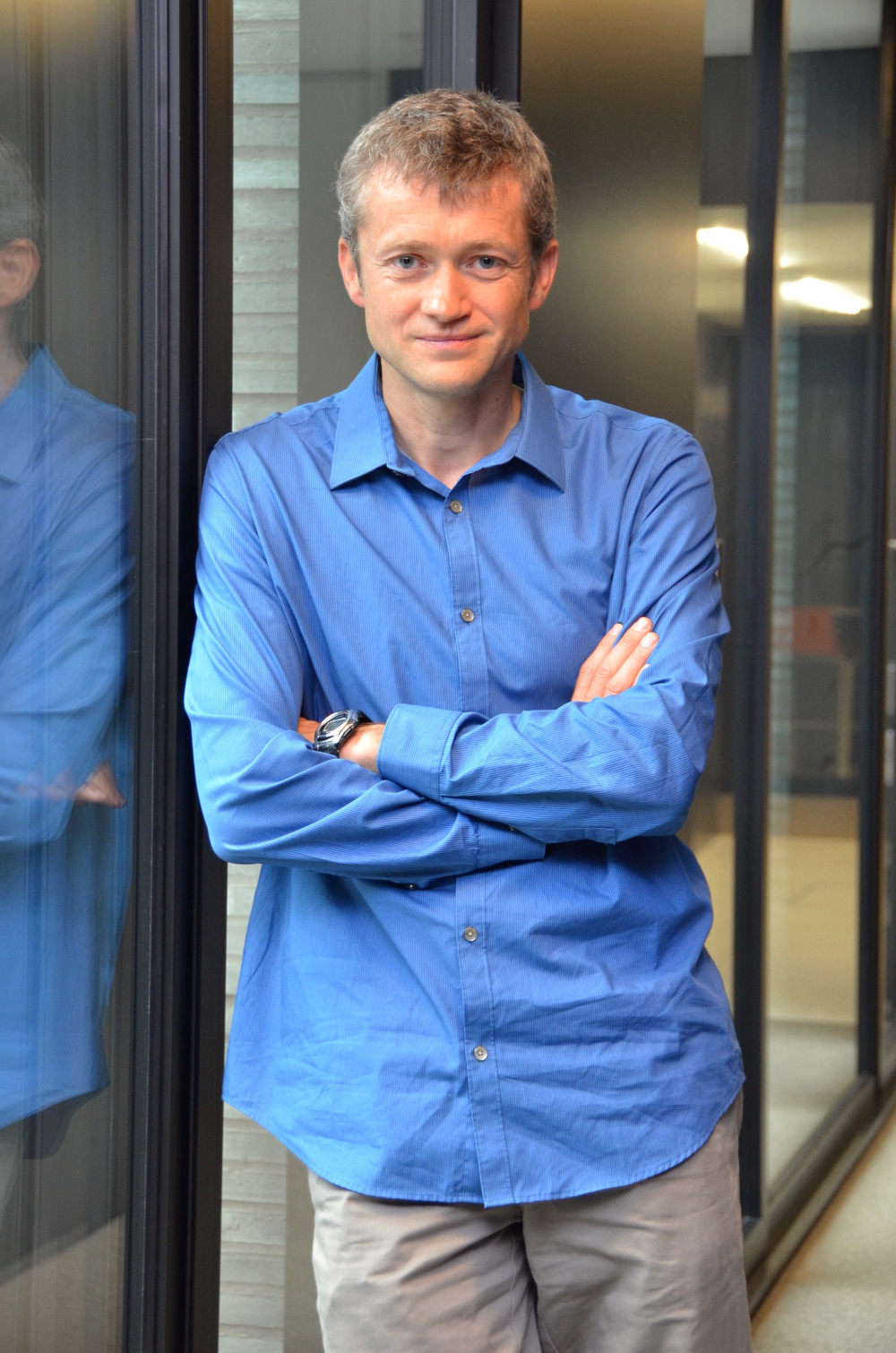
Dr. Stanislaus J. Schymanski
Biography
After my Biology degree at the University of Freiburg (U-FR) in Germany, I worked for a year at the Forest Research Institute (FVA) Baden-Württemberg, designing and preparing a research project on the flood tolerance of the Common Ash, which became the base for 2 PhD projects. After meeting my Australian wife, I moved to pursue a PhD in Environmental Engineering at the University of Western Australia (UWA), where I developed numerical
modelling skills related to hydrology, soil physics and plant ecophysiology. Subsequently, I further extended my vegetation modelling skills and understanding of thermodynamics during a 5-year stay as research scientist at the Max-Planck-Institute for Biogeochemistry (MPI-BGC) in Germany, followed by in-depth experimental studies of leaf-atmosphere exchange, and root-soil interactions during 6 years at ETH Zurich in Switzerland. I also worked for 6 months on developing Open Science approaches as a senior scientist at the Swiss Data Science Center, before winning an ATTRACT fellowship by the FNR to lead the project “Water and vegetation in a changing environment” (WAVE) at LIST (2017-2023). My (co-)supervision of PhD candidates at 5 institutions gave me an appreciation of different supervision styles and their pros and cons. Starting as president of the UWA Outdoor Club (2005-2006), I had various leading roles (see below), which taught me how to motivate various groups of collaborators and resolve diverse conflicts.
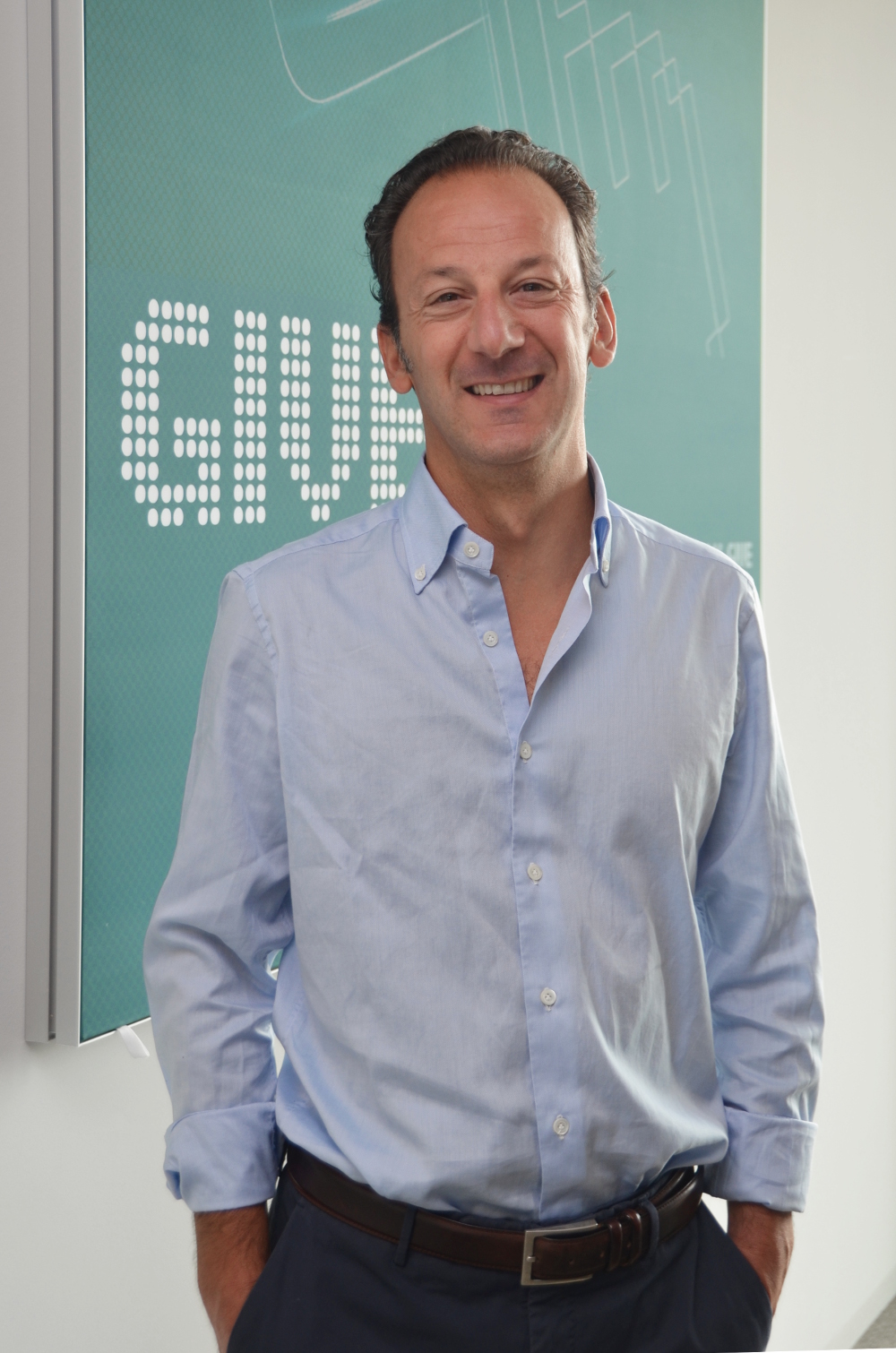
Dr. Mauro Sulis
Biography
After my studies in Civil Engineering at the University of Cagliari in Italy, I worked for one year as Research Consultant at the Center for Advanced Studies, Research and Development in Sardinia (CRS4) in the framework of EU-funded MULINO project. In 2010 I defended my PhD at INRS-ETE of the University of Quebec. My doctoral studies focused on the investigation of surface-subsurface water interactions over different temporal spatial and temporal scales using a process-based hydrological model. From 2011 to 2017, I worked as Research Scientist at the Meteorological Institute of the University of Bonn where I expanded my expertise along several directions. I studied the role of crop physiological properties in the partitioning of land surface energy fluxes, and the effect of using different crop parameterizations and atmospheric boundary layer schemes on the simulated soilland-atmosphere interactions. In this context, I have also evaluated the predictive capabilities of sub-seasonal mesoscale atmospheric simulations that implement a detailed representation of subsurface-land surface and plant physiological processes. I have developed and scientifically validated a root water uptake scheme that incorporates hydraulic redistribution effects for a winter wheat crop. Since September 2017, I am working at LIST where I am leading a research project that investigates the controls of plant hydraulic traits on the drought prediction uncertainty across different ecosystems. In January 2024 I will start leading an innovative project based on a private-public collaboration and focusing on the integration of machine-learning, physics-based numerical modelling, and Earth Observations exploiting high-performance computing facilities. Finally, I am leading the high-resolution and convection-permitting climate simulation activities that will form the scientific basis for the next Luxembourg National Communication to UNFCCC.
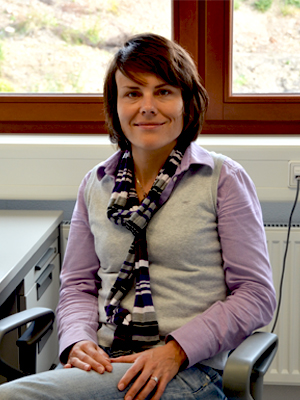
Dr. Ivonne Trebs
Biography
My PhD research was funded by the Max Planck Society (Germany). After obtaining my PhD in Environmental Sciences in 2005 (Meteorology and Air Quality Group, Wageningen University, Netherlands), I accepted a postdoctoral fellowship by the Max Planck Institute for Chemistry – Department Biogeochemistry (Mainz, Germany). During this position I became progressively more independent, coordinated projects and field experiments, and supervised one PhD student. In 2009, I was appointed as junior research group leader within the framework of the Minerva-W2 programme of the Max Planck Society with a fixed-term contract. I gained international reputation due to my research on gas/aerosol partitioning and exchange fluxes of reactive N compounds in the Amazon Basin and Central Europe. In October 2013 I joined the CRP – Gabriel Lippmann (now LIST) as the head of the OCE. In May 2019, I revived my research interests by focusing on environmental modelling and air quality measurements, joined the Agro-environmental systems group at LIST and work as a senior researcher in fundamental and applied air quality research projects since 2021.

Professor Christian E. VINCENOT
Biography
My university education started with a strong focus on pure Computer Science and Software Engineering. With support from an excellence scholarship by the French Ministry of Education, I graduated as valedictorian with a Master in Computer Science (Embedded Systems) from Louis Pasteur University (Strasbourg, France) in 2008 while working in parallel as project mentor for Google (GSoC). My academic career really began with a PhD in Computational Modelling under a prestige scholarship of the Japanese Government (MEXT), co-financed later by an AFR scholarship by Luxembourg’s FNR. I was later awarded the highly-competitive postdoctoral fellowship by the Japanese Society for the Promotion of Science (JSPS) including a research budget to undertake a project of my own. I used this opportunity to deepen my hands-on training in applied ecology to better understand the obscure nature of processes operating in natural systems. A turning point in my career happened in November 2014 when I was appointed as permanent/tenured Assistant Professor with the Department of Social Informatics at Kyoto University, Japan’s best research institution (8 Nobel Laureates in 10 years). As permanent professor (instead the usual, much more common non-permanent type), I was one of very few foreigners to ever
become state employee in this country. This position allowed me to fully develop my interdisciplinary work both in Computational Modeling and Ecology. The highest recognition of my academic work was when I was decorated in April 2021 with Japan’s most prestigious award, the “Minister’s Commendation” (令和3年度科学技術分野の文部科学大臣表彰 若手科学者賞), received from the hands of the Japanese Minister of Research, which rewarded my trailblazing achievements on unveiling neglected aspects in the functioning of tropical insular forest ecosystems and the mysterious system dynamics involved in the mutualistic relationship between keystone species and forest regeneration in these systems. From October 2022, I joined the University of Luxembourg’s Faculty of Science, Technology and Medicine (FSTM) as Associate Professor to open the Complex Systems Laboratory, where I plan to investigate further engineering solutions applied to the study of cryptic ecological systems through field research, the development of new data acquisition technologies, and most importantly, computational modelling efforts
More information on his groups research can be found: https://www.uni.lu/fstm-en/people/christian-vincenot/